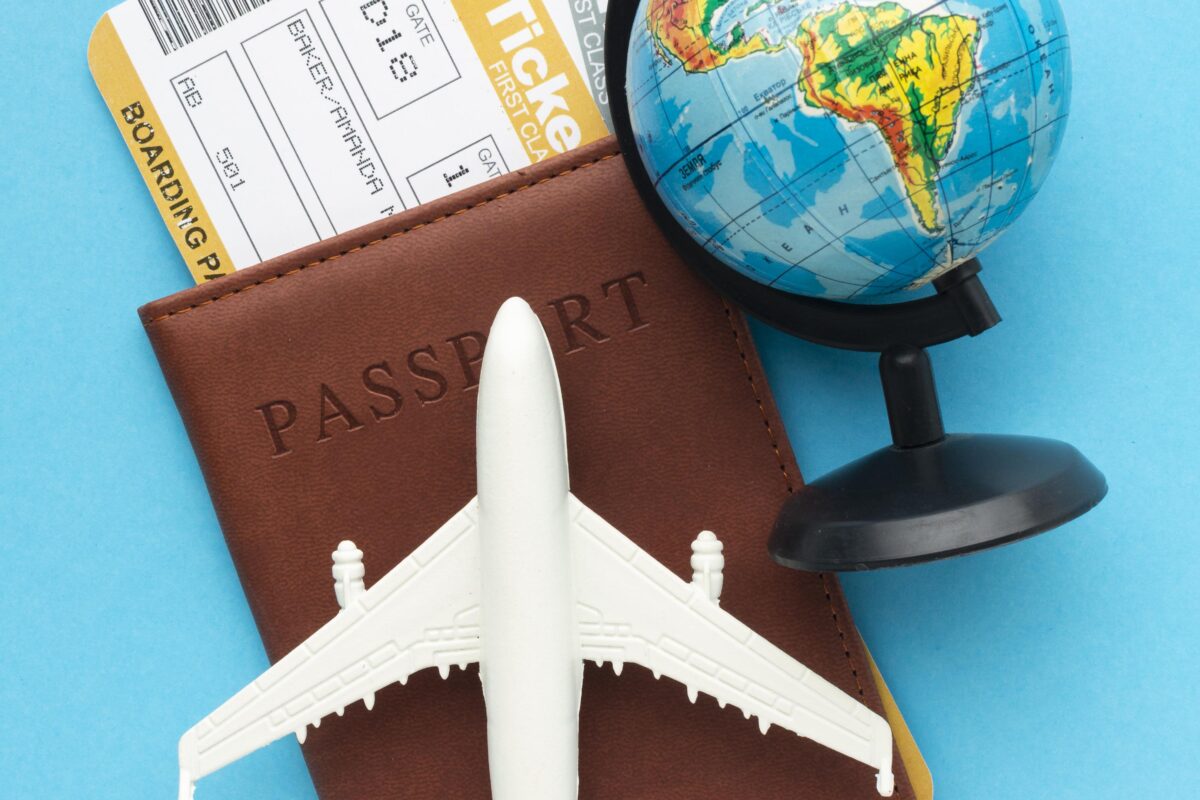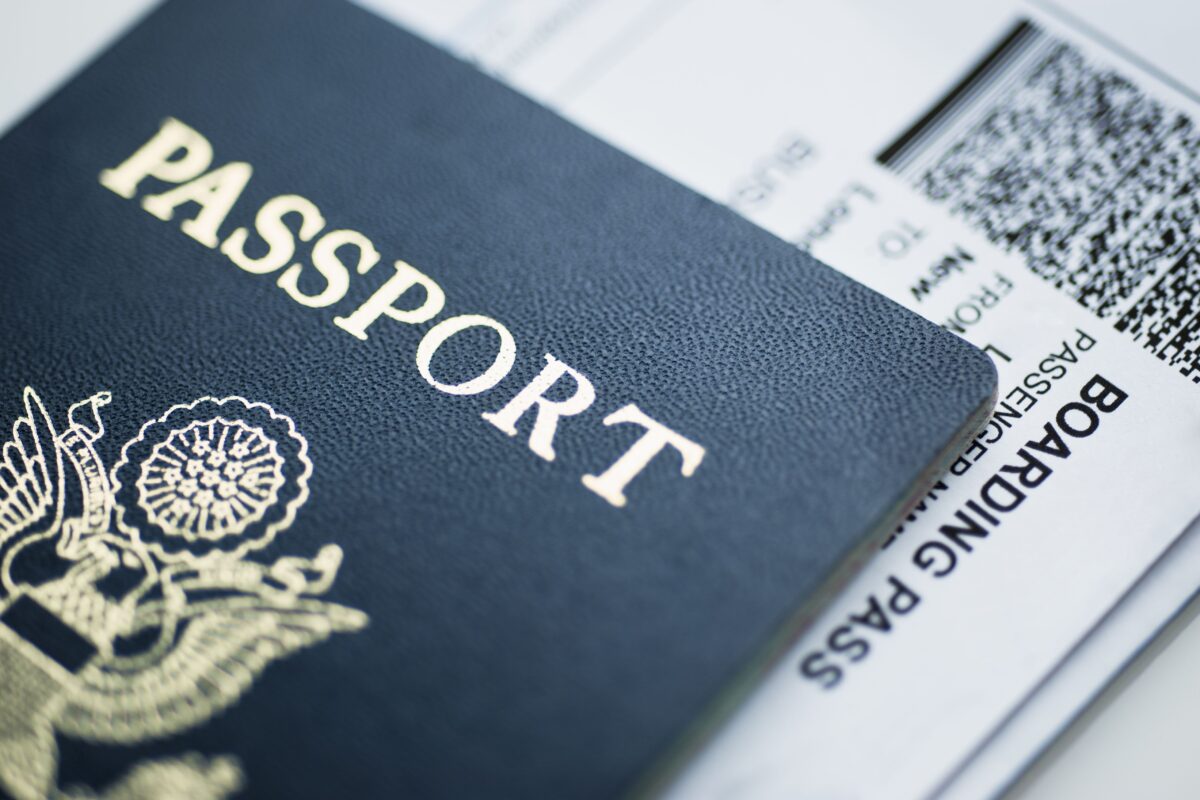Dreaming of an Italian getaway? Visiting the Colosseum, exploring the canals of Venice, or indulging in delicious pasta are just some things Italy has to offer. However, securing an Italian Schengen visa can be a challenge for some nationalities. This article explores the visa rejection rates for different nationalities applying for Italian visas and tips for increasing your chances of approval. .
Higher Rejection Rates for Certain Nationalities:
While everyone has the opportunity to apply for an Italian visa, statistics show that applicants from specific countries face higher rejection rates compared to the average of 12.05%. According to SchengenVisaInfo, several African and Asian nationalities experience this disparity.
Bangladeshis Face the Highest Rejection Rate:
The data reveals a significant hurdle for Bangladeshi applicants. In 2023, over half (59.04%) of their visa requests were rejected by Italian authorities. Despite this challenge, Italy remains the top destination for Bangladeshi visa applications, representing 34.5% of all their Schengen visa requests. Sweden comes in second, receiving 28.7% of their applications.
Other Nationalities with High Rejection Rates:
Beyond Bangladeshis, other nationalities have a higher chance of visa rejection from Italy. These include:
- Gabonese (45.18% rejection rate)
- Sri Lankans (44.43% rejection rate)
- Ghanaians (44.29% rejection rate)
- Dominicans (43.7% rejection rate)
- Ivorians (43.7% rejection rate)
- Angolans (41% rejection rate)
- Algerians (39.92% rejection rate)
- Cameroonians (38.66% rejection rate)
- Sudanese (38.63% rejection rate)
Understanding the Reasons Behind High Rejection Rates:
The specific reasons for these disparities are complex and can involve various factors. These might include:
- Economic Stability: Applicants from countries facing economic hardship may raise concerns about potential overstaying.
- Employment Status: Proof of stable employment and sufficient funds can strengthen an application.
- Travel History: A history of visa violations or overstaying in other Schengen countries can negatively impact approval.
- Strength of Ties to Home Country: Applicants with strong ties to their home country, such as family and property ownership, are seen as less likely to overstay.
Tips for Increasing Your Chances of Visa Approval:
If you’re applying for an Italian visa, here are some helpful tips:
- Meet all the Required Documentation: Ensure you have all the necessary documents as outlined by the Italian embassy or consulate.
- Demonstrate Strong Ties to Your Home Country: Provide evidence of employment, property ownership, or family ties that demonstrate your intention to return home after your visit.
- Plan Your Trip Meticulously: Create a detailed itinerary and provide proof of accommodation and travel insurance.
- Seek Professional Guidance: Consider consulting a visa consultant for assistance with the application process.
Conclusion:
While some nationalities face higher rejection rates for Italian Schengen visas, understanding the factors involved and following these tips can increase your chances of approval. Remember, thorough preparation and a well-presented application are key to a successful visa application.




